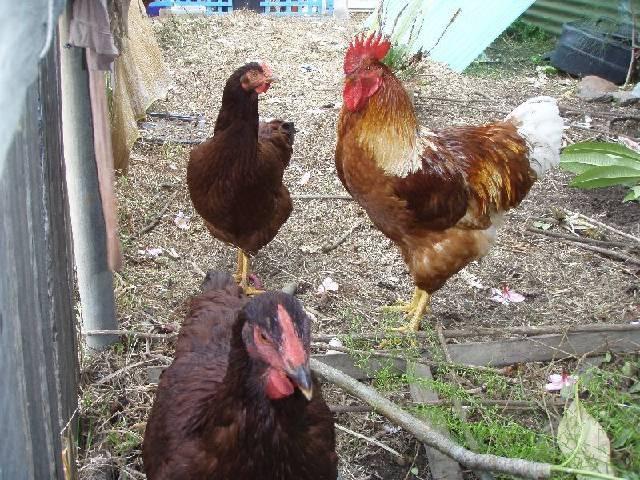I was wondering if anyone else has heard of RIRs having the occasional "silkie" like feathers which don't repel the rain? I came across it when researching the genetics of the breed and recognised it in one of my older pullets.

The pullet has issues in the rain and always gets filthy during mating when it's wet. It's far from a desirable trait. Is it likely to be an issue if I use her to breed? Her colour is lovely and dark but it would be a shame to have all of the next generation (or the grandchildren) with issues in the wet.
Any thoughts would be appreciated.

The pullet has issues in the rain and always gets filthy during mating when it's wet. It's far from a desirable trait. Is it likely to be an issue if I use her to breed? Her colour is lovely and dark but it would be a shame to have all of the next generation (or the grandchildren) with issues in the wet.
Any thoughts would be appreciated.


